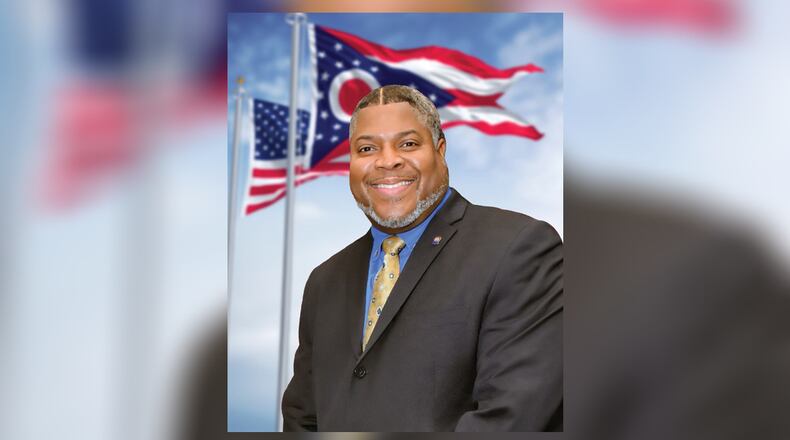Despite growing national efforts to address inequality, recent social and policy initiatives have tended to prioritize the advancement of other marginalized groups, often to the exclusion of Black men. We cannot ignore the data. African American men face some of the highest incarceration rates in the country. They endure persistent wage gaps, barriers to quality healthcare, and limited access to educational and economic opportunities. These are not coincidences — they are the direct results of centuries of systemic inequity, institutional racism, and generational disinvestment.
And while these challenges are great, so too is the potential. Imagine what could be achieved if African American men were fully supported — through mentorship, mental health resources, job training, educational investment, and justice reform. This is not charity. This is not favoritism. This is the overdue fulfillment of a promise — the promise of equal opportunity for all.
Let’s not forget that Black labor has been foundational to the growth of America and our economy. So let us recommit today — not just to expressing appreciation, but to taking action. Let us advocate for policies that uplift Black men, invest in programs that empower them, and change the narrative that has far too often left them behind.
Black men have made remarkable contributions to American history and society, often overcoming systemic barriers to achieve greatness. In the early years of the nation, figures like Frederick Douglass emerged as powerful voices for abolition and civil rights. A former enslaved person, Douglass became a renowned orator, writer, and adviser to presidents. His efforts laid the groundwork for future generations of Black men to take on leadership roles in the struggle for equality and justice.
In science, technology, and innovation, Black men have left an indelible mark. George Washington Carver revolutionized agriculture in the South by promoting crop rotation and developing hundreds of products from peanuts, sweet potatoes, and other plants. More recently, Dr. Mark Dean, a computer scientist and engineer, helped develop the IBM personal computer and holds several patents vital to modern computing. Their achievements not only pushed technological boundaries but also challenged stereotypes about Black intellectual capacity.
In the realm of arts and entertainment, Black men have reshaped American culture. Musicians like Roger Troutman, Shirley Murdock, the Ohio Players, and Lakeside redefined genres such as jazz, rock, and funk, influencing music worldwide. In film and television, figures like Sidney Poitier and Dorian Harewood broke racial barriers, while contemporary talents like Chadwick Boseman and Jordan Peele continue to shape narratives and representation. These men used their platforms to both entertain and inspire, reflecting the complexity and richness of the Black experience.
Credit: Chris Stewart
Credit: Chris Stewart
In politics, sports, and activism, Black men have become symbols of perseverance and excellence. Barack Obama’s election as the first Black president of the United States marked a historic milestone and inspired millions around the globe. Athletes like Jessie Owens, Muhammad Ali, Edwin Moses, Jackie Robinson, Keith Byars, and LeBron James not only excelled in their fields but also used their influence to speak out against injustice. Jessie O. Gooding led groups to picket Rike’s Department Store, Famous Clothing Store and Liberal Markets, forcing the local companies to hire Black counter clerks and to open their bathroom stalls for everyone’s use.
While I primarily pay tribute to the contributions of African American men in American society, I also want to take this opportunity to recognize the origins of the Dayton African American Cultural Festival. The festival was born from a collective vision shared by community leaders, artists, and activists who recognized the lack of a comprehensive cultural event dedicated to African American life in the city. Although Dayton has long been a hub of African American innovation — especially in aviation, music, and civil rights activism — there was no single event that unified and celebrated these achievements. The desire to highlight the richness of African American culture, while also addressing ongoing challenges such as economic inequality, educational disparities, and the pursuit of social justice, inspired the creation of the festival.
Credit: Tom Gilliam
Credit: Tom Gilliam
Through leadership, advocacy, and achievement, African Americans continue to drive progress and embody resilience in the face of adversity. Because when African Americans succeed, all of our communities succeed. Our nation becomes stronger. Our shared future becomes brighter. Let us march on until victory is won!
Dr. Derrick L. Foward is a NAACP Image Award-winning activist and President of the Dayton Branch NAACP.
About the Author


